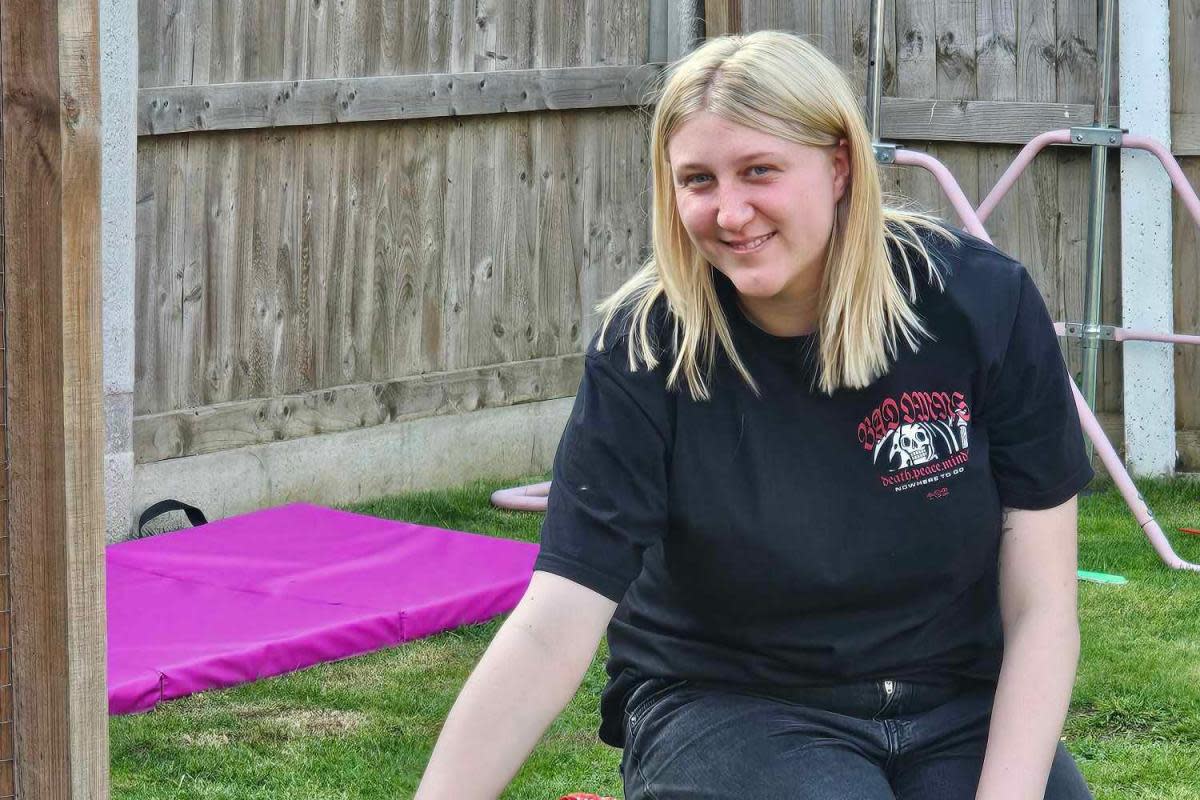Colchester mental health nurse with autism says there's no need for staff ignorance

A COLCHESTER mental health nurse with autism and ADHD is now staging awareness sessions for NHS staff to help them treat patients.
Sophie Gorden, 23, works at the Lakes Mental Health Hospital as a mental health nurse after her completing a degree in mental health nursing at Suffolk University.
Sophie said as a child she always knew she was “different” and it was not until last year when she decided she needed support for her job that she went for a diagnosis.
Sophie went private which though expensive meant she did not have to “wait years” on the NHS.
She said: “Hopefully people do get the support they need, as sadly a lot of support comes with a diagnosis and you need that diagnosis to get that support.”
University - Sophie Gorden said university was a struggle with not feeling like she could do everything like everyone else (Image: Submitted)
Sophie was diagnosed with both autism and ADHD at the same time, defined by the shared medical terms of “impulsivity, hyperactivity, and inattention".
Speaking about her ADHD, Sophie said she was always fidgeting and even now is hyperactive.
As with autism, it presents differently in women who are historically less likely to be diagnosed than men.
She said: “Having ADHD and autism is like a constant argument in your head.
“It is wanting to have a plan for absolutely everything and then it’s like I don’t need a plan - I want to do this instead.”
Training - Sophie Gorden now helps other staff understand what it like to have autism, while other colleagues do the same for learning disabilities (Image: Submitted)
Since being diagnosed a year ago, Sophie has been learning about herself, as well as noticing how her patients with autism “present differently”, including often having more sensory sensitivities.
She underwent training where she learnt about 70 per cent of people with autism have an anxiety disorder, with many being diagnosed with anxiety first.
Sophie said making the mandatory training face-to-face has been beneficial as it is “more in depth”, adding: “The more in-depth, there’s no reason for ignorance”.
“If you have this training and continue to deliver poor care, there is no reason why."

 Yahoo News
Yahoo News 
